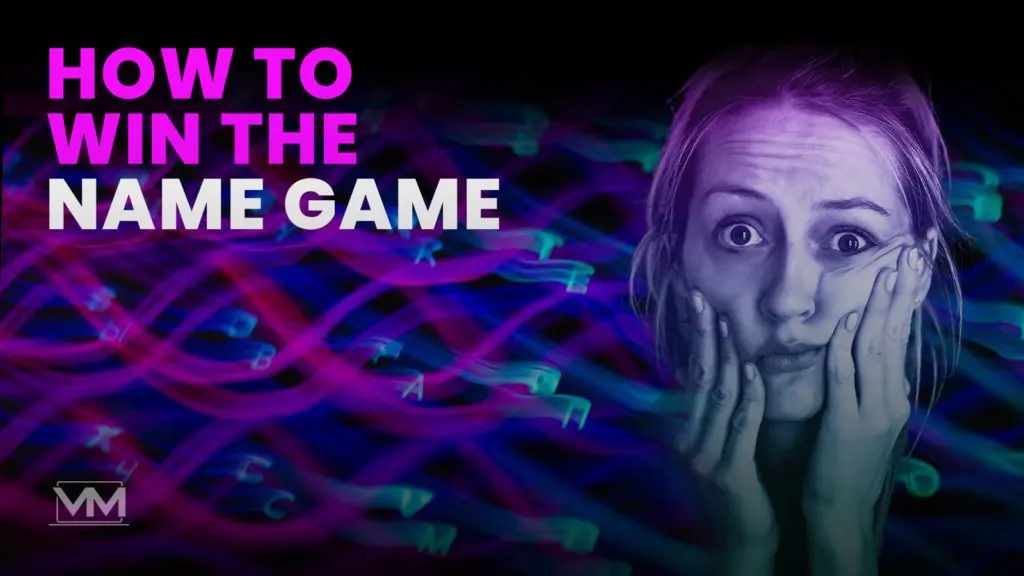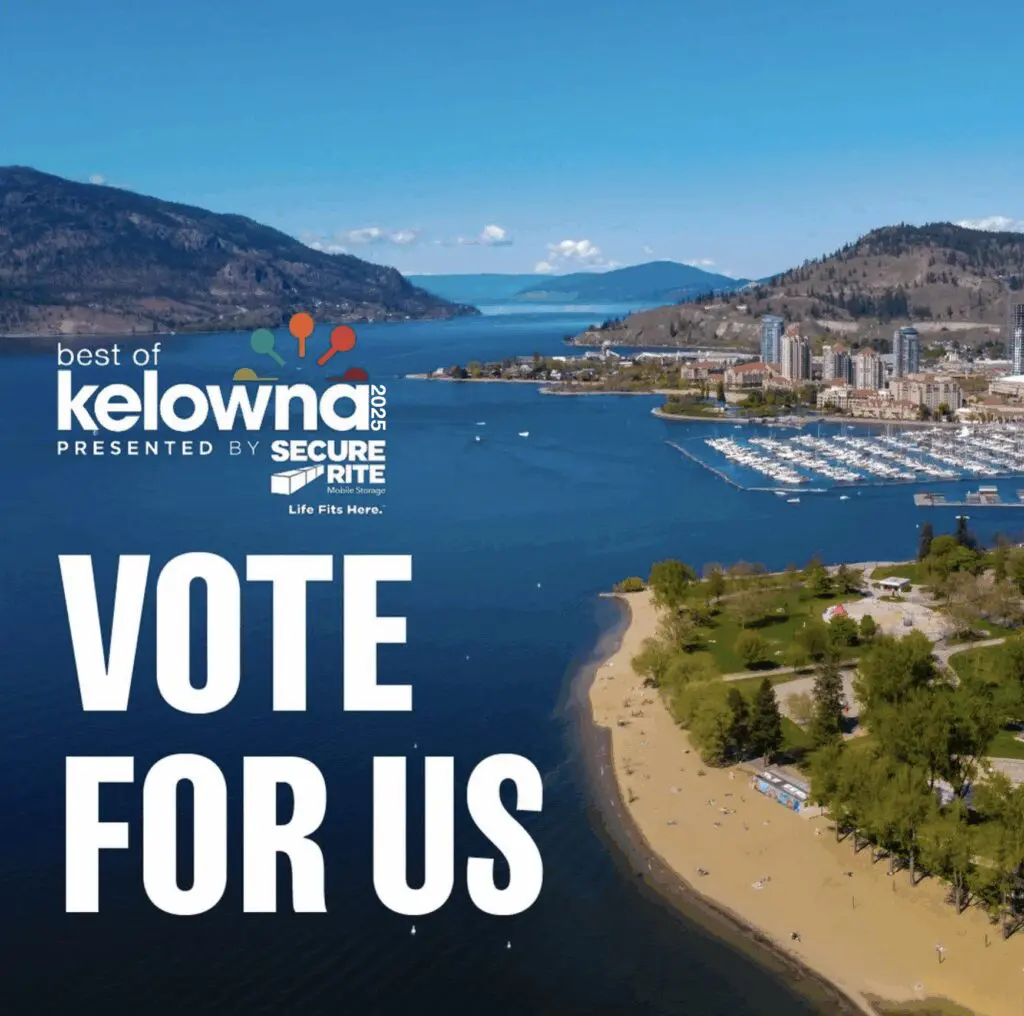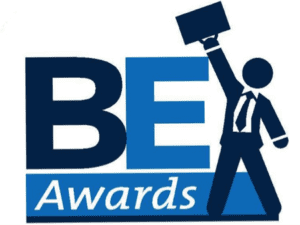Are you stuck trying to come up with a unique, effective name for your business? You are not alone. There are an estimated +210 Million companies in the world, according to a poll conducted in 2020, so coming up with a unique, effective brand name can be really difficult. So, how can you choose something that isn’t already taken, let alone something that makes you stand out from the rest? Let’s start by reviewing the types of brand names in existence, based on Jonathan Bell’s excellent TedX Talk, and see what type you think might work best for you and your company.
Types of Brand Names
Eponymous
The use of proper names.
This type of brand name is best used by those who already have an established reputation that they wish to take advantage of. Still, it could also be used for sole proprietors, freelancers, or anyone else looking to associate their own name with their work. Nike is also technically a proper name, and it comes from the Greek goddess of victory, so the name does not necessarily have to be your own.
Descriptive
Describes the product or service.
This name type can be effective for SEO and easily remembered by customers. However, these names can be quite a bit harder to own and protect as they are often made up of common words or, in a lot of cases, have already been taken by other businesses.
Acronymic
Acronyms used in place of descriptive names.
Have a really long business name in mind but not sure how well that will translate to marketing / branded materials? Acronymic names take advantage of long, descriptive names that can boost SEO but are condensed for branding purposes. Some famous uses include KFC and BP. By transitioning to an acronym, KFC was able to downplay the word “fried” from their brand name as it became more conscious of the healthy eating movement.
Suggestive
Name implies attributes or benefits.
They are used to associate something with your company. FaceBook is short and straightforward and reflects their ‘glossary’ of friends you can browse through, complete with ‘profile pics’ or the faces on FaceBook. Uber means denoting an outstanding or supreme example of a particular kind of person or thing. The clear indication is that the company is larger than life, more effective than its competitors, a titan in their industry, etc. Suggestive brand names can be broken down into three categories; Real, Composite, and Invented.
Real
As it sounds, these are names that are pulled from words out of the dictionary, such as the Uber example we mentioned above. They can be descriptive or have some other double meaning to the company. It can be advantageous to choose a unique word for SEO purposes. Using a common word, such as Apple, for instance, in this day and age would return search results for millions of items (if this company did not already exist). However, it is very memorable, so there are advantages and disadvantages to this technique.
Composite
The composite category combines two or more real words to create a unique brand name. Again, there are different ways to approach this, such as using descriptive words, adjectives, or other words with special meanings to your company’s heritage, values, and so on.
Invented
These are made-up words that still imply a benefit or attribute of the company, such as with “Duramax,” which combines two actual words, ‘durable’ and ‘maximum,’ to create a unique identifier. You can use this name type by using the method Netflix adopted when coming up with a name for their services. They started by drawing a line down the center of the page. Then, on the left-hand side, they wrote all of the words they could think of to represent something online; the web, the net, site, cyberspace, information superhighway, etc. On the other, they wrote all of the words they associated with movies; theater, stars, flicks, red carpet, cinema, etc. From here, they created hundreds of combinations to see how they looked, sounded, and felt together. From this, Netflix was born.
Associative
Reflects the symbolic meaning of a word or image back onto the brand.
Do you want to add a layer of abstraction by using descriptive words as a brand name? Or just having trouble finding some that are not already in use? Then, you can take those descriptive words and think of symbols that represent them. For example, the Amazon being the longest river symbolically reflects the brand is the largest reaching supplier of goods.
Non-English
Foreign words with a deeper meaning.
Did you know Lego means ‘play well’ in Danish? Or that Thermos is the Greek word for ‘hot’? I bet you didn’t know that Hulu is Mandarin for gourd and that the Chinese traditionally hollowed out the ‘Hulu’ to hold precious things.
Using foreign words can illustrate a company’s heritage and provide a very unique name for your business. However, be careful to make sure these names are appropriate in all languages! Doing your homework could save you from a big branding mistake.
Abstract
No meaning, relies on phonetics.
Coming up with these names can be difficult, but the benefits are that they are unique, easy to search for, and can be quite memorable when they are done correctly. Unfortunately, there is no real technique for coming up with these names other than that they are usually on the short side and contain a couple of syllables.
Exploring the Name Types
Now that you know the types of brand names play around with at least a few different ones to see if anything begins to click.
You can start by breaking up brainstorming sessions into the following:
- First, write down all of the descriptive words you would want to be used by people when talking about your business.
- Write down all the products and/or services related to your company. Then, start exploring words with the same meaning, slang terms, symbols that reflect them, etc.
- What feelings do you want customers to have about you? Write them down. What kinds of things, places, and animals could represent these emotions?
- What goals does your business have? Write them down and reflect on what they mean about your business – are they ambitious, noble, or environmental?
- Technology can also lend a hand. Try some online name generators like NameSnack to get even more ideas.
This can sometimes directly translate into a name. For example, a ‘Google’ means a one followed by 100 zeros and reflects the company’s ambitious vision of organizing the world’s information. Even if this doesn’t end up resulting in a name, and you end up going with something Eponymous or Abstract, this type of brand development exploration we help businesses run through can be used later as inspiration to create your brand’s visuals, logo, brand colors, photography, etc., so it is a good practice regardless.
Check Availability
The final step is to check if the name is even available. Try not to get frustrated, as you may have to come up with many names before you discover one that is not already in use. Initially, a quick Google check can give you an idea if it may already be taken. If you’re setting up a business here in Canada, you can also search the Canadian Trademarks Database and Business Registries. When you’re confident you’ve decided on a name, you will need to register it with your local, provincial / state & federal business registries. Be aware that once submitted, it can take 3-5 weeks to hear back, depending on where you live.
There you have it, everything you need to know about creating a brand name. Hopefully, learning about the different types of names can spark some ideas. As you well may have picked up, some of the best names could be placed in multiple categories, so don’t tie yourself to one of them or one name in particular. It can also be good to remember that names change. Don’t worry about finding the ‘perfect’ name right away. For example, the most profitable business in the world, Amazon, used to be called Cadabra. Coming up with a name can be tricky, so use the descriptions above to help you with yours. Lastly, don’t forget that even great brands can go unnoticed. Make sure that doesn’t happen to you by having a strong paid advertising and digital marketing strategy in place to get your new name in front of as many eyes as possible. If you need assistance with any of the things mentioned above, reach out to Vigilante Marketing for a free consultation.













